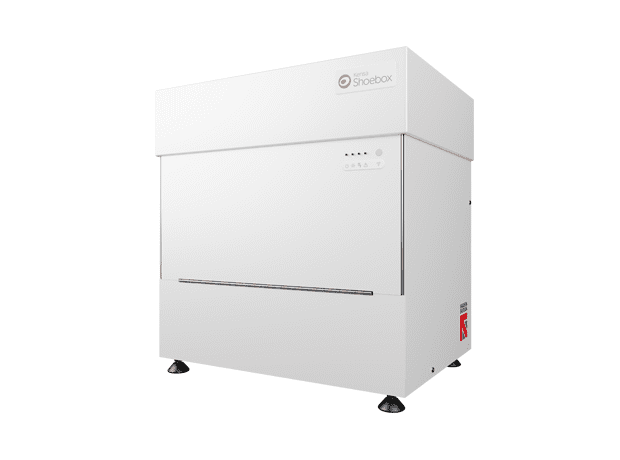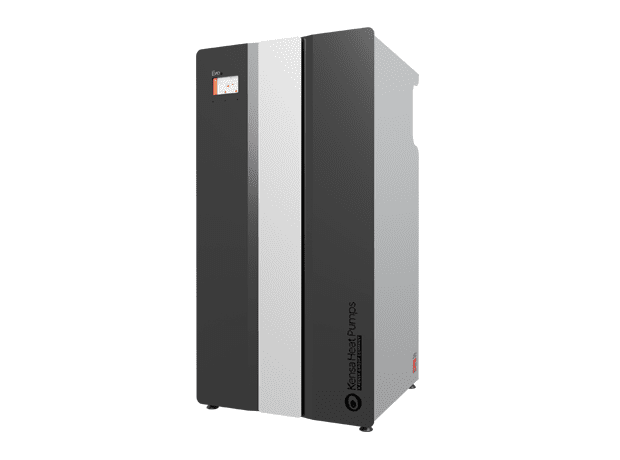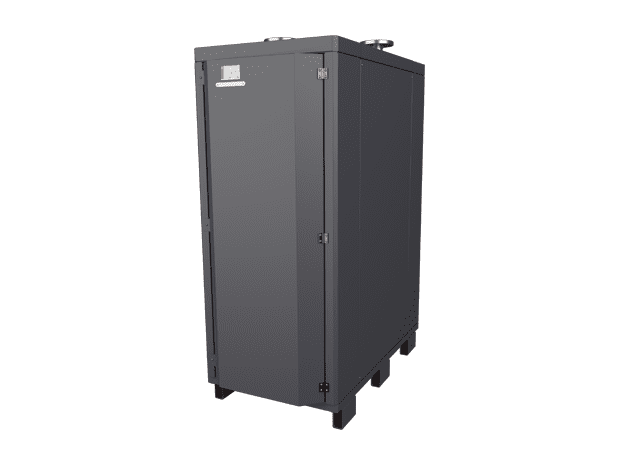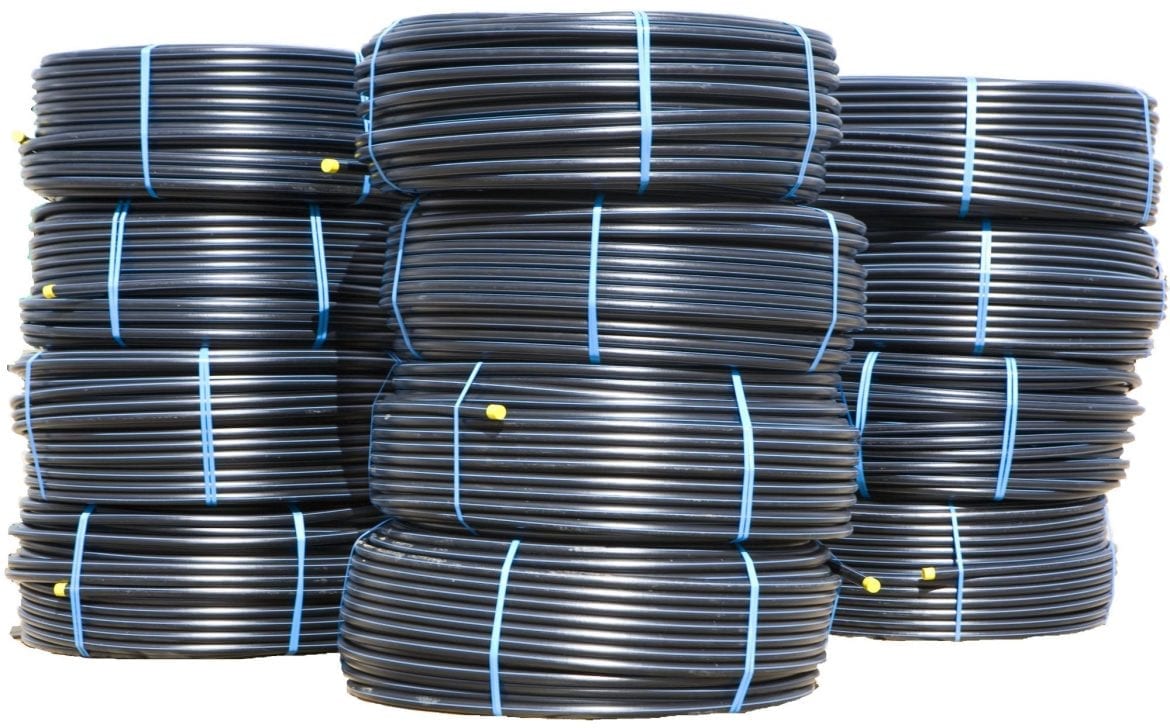Housing Associations were given the cold, hard facts about excess winter deaths at a recent event hosted by Trent & Dove Housing and Kensa Heat Pumps, where it was announced that every winter around 30,000 deaths occur in the UK due to tenants being too poor to heat their homes.
Softening the blow of the damning statistics, Trent & Dove Housing and Kensa provided step by step advice and evidence to help housing associations combat fuel poverty and alleviate the problem of excess winter deaths in rural and off gas grid housing stock through the installation of ground source heat pumps.
Taking the blueprint of Trent & Dove Housing’s recent retrofit programme as the inspiration for change – a scheme which replaced electric heating with ground source heat pumps in 133 rural properties – the event presented the compelling case for ground source in social housing, which one attendee remarked during the presentations as “a no-brainer”.
The event, which was attended by over 60 social housing professionals and jointly hosted by Trent & Dove, Kensa, the National Housing Federation and associated project partners, was held at the Pirelli Stadium, Burton-Upon-Trent on 11th June. Steve Grocock, Director of Property Services for Trent and Dove Housing threw down the gantlet to other social landlords, making an impassioned appeal to follow Trent & Dove’s lead and try to eliminate fuel poverty and curb the growing number of excess winter deaths in rural housing, saying:
We have calculated there are around 200,000 bungalows in the country that match the profile of those which we have just upgraded to ground source heat pumps; these are homes that are off the gas network, electrically heated, and in fuel poverty – or very close to it.
We have seen an immediate saving on tenants energy bills – many of whom are elderly and vulnerable – as a result of our upgrades programme, which we see as being key to reducing fuel poverty and excess winter deaths in our stock; the fact that 30,000 deaths nationwide every winter are deemed ‘preventable’ (according to the Office of National Statistics) is just unacceptable. Small measures such as replacing night storage heaters with more efficient and affordable ground source heat pump systems can make a big difference – in fact, in some cases, it is the difference. We should all be doing this – what are you waiting for?
The event charted the key milestones of Trent & Dove’s recently completed heating upgrades programme, which culminated in the replacement of night storage heaters with ground source heat pumps, connected to ‘micro’ district heating systems, in 133 bungalows throughout Staffordshire and Derbyshire
Taking place over just four months, the ambitious project witnessed innovative collaborative working between Kensa, heating installation contractors J. Tomlinson, renewable consultancy Encraft, and geothermal drilling specialists Geo Drill, as well as a dedicated project support team from Trent & Dove. Together, they delivered a scheme that not only significantly reduces tenant energy bills, but also provides Trent & Dove with a subsidy from the Energy Company Obligation (ECO) and a long term income stream through the Renewable Heat Incentive (RHI: this scheme has now closed – please visit this page to explore other funding).
Explaining the funding mechanisms behind the project, Steve Grocock explained that despite the initial capital costs, the business case had been easy to persuade the Trent & Dove board to invest:
Until now, many housing providers have struggled to finance the upfront capital costs associated with ground source heat pumps, even though the maintenance costs and, of course, tenant’s energy bills are significantly reduced. However, Kensa Heat Pumps was able to unlock a combination of funding from the RHI (this scheme has now closed) and ECO that made the financial case for the project stack up.
With the support of Kensa and our contractors J Tomlinson and Encraft, Trent & Dove has achieved an outcome that many housing associations dream of; halved tenant energy bills, halved CO2 emissions in our stock, improved tenant health and wellbeing and generated £2.3m of income through the ECO and RHI (this scheme has now closed) to off-set our £1.8m investment – and all achieved in just 4 months.
The results of the scheme are ground-breaking: with a potential tenant annual running cost reduction of £62,000, tenants are saving on average between £350 and £750 on their fuel bills per year and have given the new system overwhelmingly positive reviews.
“This is the best heating I’ve ever seen – and the hot water is even better still. I’d recommend it to anybody, and it’s not just me talking…everybody I’ve spoken to has been terrifically pleased with it”, said resident of four years, Mr Rowe. He suffers from motor neurone disease, and as a consequence struggles with controls and mobility.
Fellow resident Mr & Mrs Carter exclaimed: “The storage heaters were fine up to a point, but come 6pm in the winter months we had to use an electric fire, which meant we had some quite big electric bills. There is no comparison to this system and the night storage heaters – this is 1000 times better. It is absolutely wonderful. The house actually feels cleaner. The temperature is terrific. You can control it. It’s brilliant, absolutely brilliant. I’m sure it’s knocked years off my age!”
Access to the event material is available via Kensa’s website. To view the day’s presentations click here. To download a copy of the event guide and project overview click here.
The scheme at Trent & Dove Housing utilised a micro district system designed by Kensa Heat Pumps, which entailed clusters of boreholes being drilled to serve as communal heat sources for individual ground source heat pumps located inside each bungalow. This application ensures the schemes eligibility for Non Domestic Renewable Heat Incentive (RHI: this scheme has now closed – please visit this page to explore other funding) income over 20 years, and as it is a retrofit project, also attracted an upfront subsidy payable through the Energy Company Obligation (ECO).
Over 600 storage heaters were removed in total, with 10km of boreholes drilled and 32km of pipe installed. Working to the ambitious four month timescale, 20 installations took place per week at the peak of the operation with a heat pump being installed every 4 hours.
Chris Davis, Commercial Director at Kensa Heat Pumps said:
Our recent ambitious retrofit project has been a terrific success and we are delighted that Trent & Dove Housing wanted to share this with other social housing providers as an example of best practice. The event aimed to give other social housing landlords a proven project blueprint enabling them to tackle fuel poverty in their off gas grid housing stock using sustainable ground source heat pump technology – and we are thrilled with the turnout and response.
Delivering the event in partnership with Trent & Dove and our contractors meant we were able to approach the project drivers and challenges from a social housing provider’s perspective, providing attendees with real value and the opportunity to ask questions about every stage of the project. We hope it will encourage more housing associations to consider ground source heating as the perfect solution to fuel poverty in their rural off-gas stock.
Free downloads
Unlock the secrets of Trent & Dove Housing and Kensa’s Renewable Retrofit Blueprint with these handy tools:
Event presentation: Click here
- View the presentations from our sell-out event (look out for the tenant testimonials at 6:00!)
Project Overview & Event Guide: Click here
- Follow Trent & Dove’s project step-by-step
Case Study: Click here
- Read the case study













